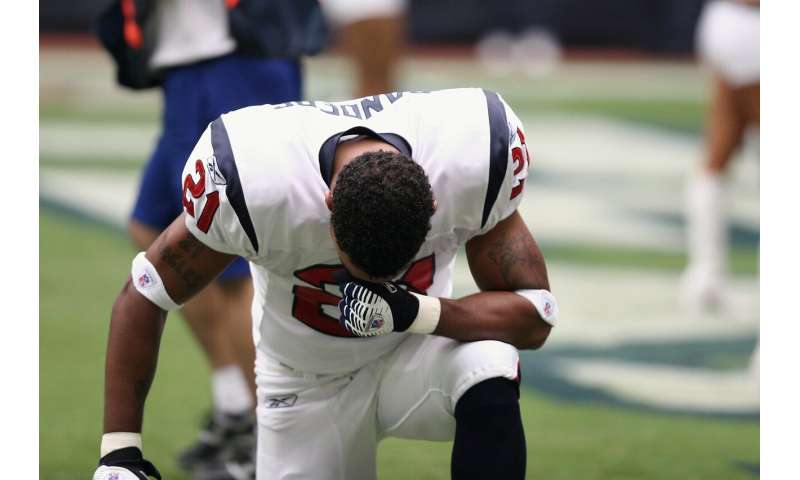
Keeping players on the field and out of the courtroom is key for a team’s success. A new study provides a possible pathway to reduce off-the-job player misconduct and it starts at the top. The researchers, Profs. Mary Graham and Bhavneet Walia from Syracuse University along with Chris Robinson from Tulane University, have concluded that teams which employ more women in executive level positions experience significantly fewer player arrests.
“Serious off-the-job misconduct by high-profile employees is not uncommon in professional sport team organizations, media and entertainment firms, and public-facing institutions, said Graham, Professor of Sport Management at Syracuse University’s Falk College and lead author on the study. “Our research suggests that firms searching for preventive and remedial solutions to misconduct should consider a basic structural solution to this problem: ensuring that there is a critical mass of women on the top management team.”
“Our findings also have implications for organizations beyond those employing professional sport players, particularly visible organizations with high-profile employees, such as media and entertainment companies; and public-facing entities such as courts, schools, and government entities,” said Walia, an Assistant Professor of Public Health. “One of our goals was to shed light on organizational factors which might prevent, redress, or ameliorate instances of off-the-job misconduct by high-profile employees, including in the NFL.”
Among the study’s key findings:
- Having a critical mass of women executives is associated with a reduction in player arrests of 21% for that team organization. Put differently, a critical mass of women executives (two or more) was associated with 0.33 fewer arrests.
- The likelihood that a team, in any given season, experiences a player arrest is 15.4% lower for team organizations with a critical mass of women executives.
- Also examined: the relationship between a critical mass of executives who are racial/ethnic minorities and player arrests. They found no relationship between having a critical mass of minority executives and player arrests.” However, the authors speculate that the low numbers of minority executives might make it difficult to discern any effects.
Source: Read Full Article